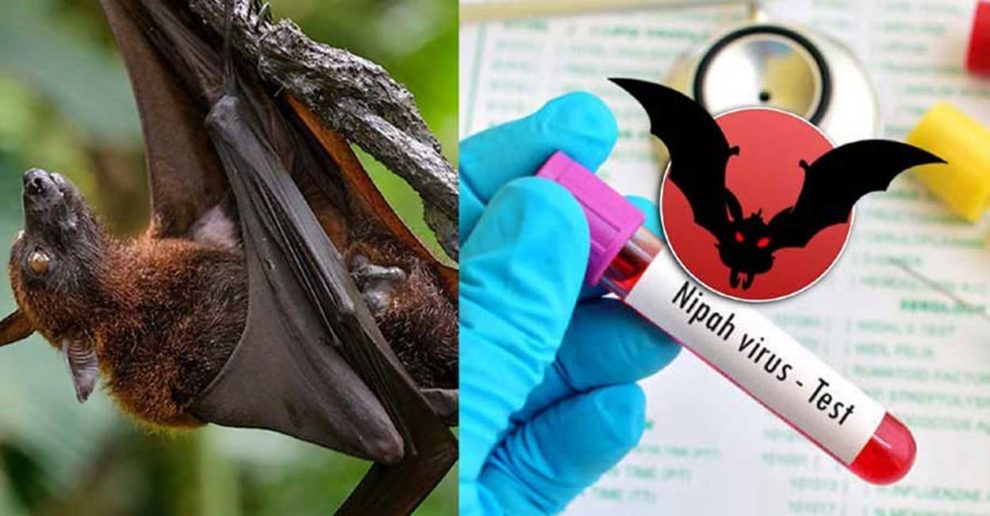In India, a 12-year-old boy died from Nipah, a rare virus that is far deadlier than COVID-19 — and one that health officials have long feared could spark a global pandemic.
Nipah Virus in India
Following the discovery of Nipah virus cases in the neighbouring state, the Karnataka government has issued a high alert in the districts bordering India’s Kerala.
The Karnataka government issued an advisory and said: “In view of confirmed cases of Nipah virus being reported recently in neighboring Kerala, it is imperative to strengthen the surveillance and preparedness in the larger interest of public health in Karnataka, with special focus on Dakshina Kannada, Udupi, Mysuru, Kodagu and Chamarajanagar districts bordering Kerala.”
Officials have been instructed to keep an eye out for symptoms such as fever, altered mental status, severe weakness, headache, respiratory distress, cough, vomiting, muscle pain, convulsion, and diarrhoea among those arriving from Kerala.
They’ve also been told to take all necessary precautions, collect samples from suspects, and send them to the National Institute of Virology (NIV) in Pune for testing.
Ribavirin, an antiviral, may play a role in reducing mortality among Nipah patients because there is no known treatment or vaccine.
Even if no cases are found, the district authorities have been instructed to send daily reports to the health department.

Nipah virus vaccine?
An international team of researchers discovered that a Covishield-like vaccine was effective against the Nipah virus in monkey trials.
Currently, no NiV vaccines have been approved.
The efficacy of ChAdOx1 NiV in eight African green monkeys was investigated by researchers from the University of Oxford and the National Institutes of Health in the United States. The findings were published on the pre-print server bioRxiv, implying that they have yet to be peer-reviewed.
What is Nipah Virus (NiV)?
Nipah virus, also known as NiV, is a zoonotic virus that spreads from animals (such as bats or pigs) to humans or from one infected person to another. This virus has the potential to cause severe disease in pigs and other animals.
It is not an airborne infection. It is lethal not only to humans but also to animals.
“This is one of those viruses that we really need to pay attention to,” said John Lednicky, a research professor at the University of Florida’s Department of Environmental and Global Health, reports USA Today.
According to the Centers for Disease Control and Prevention, the Nipah virus was discovered in Malaysia and Singapore in 1998-1999 after multiple pigs and humans became ill.
Symptoms
Those who are infected with the Nipah virus may exhibit Covid-like symptoms. Cough, sore throat, dizziness, drowsiness, muscle pain, tiredness, and encephalitis (brain swelling causing headache, stiff neck, sensitivity to light, mental confusion, and seizures) are common symptoms of Nipah Virus. It is also possible to become unconscious, which can lead to death.
